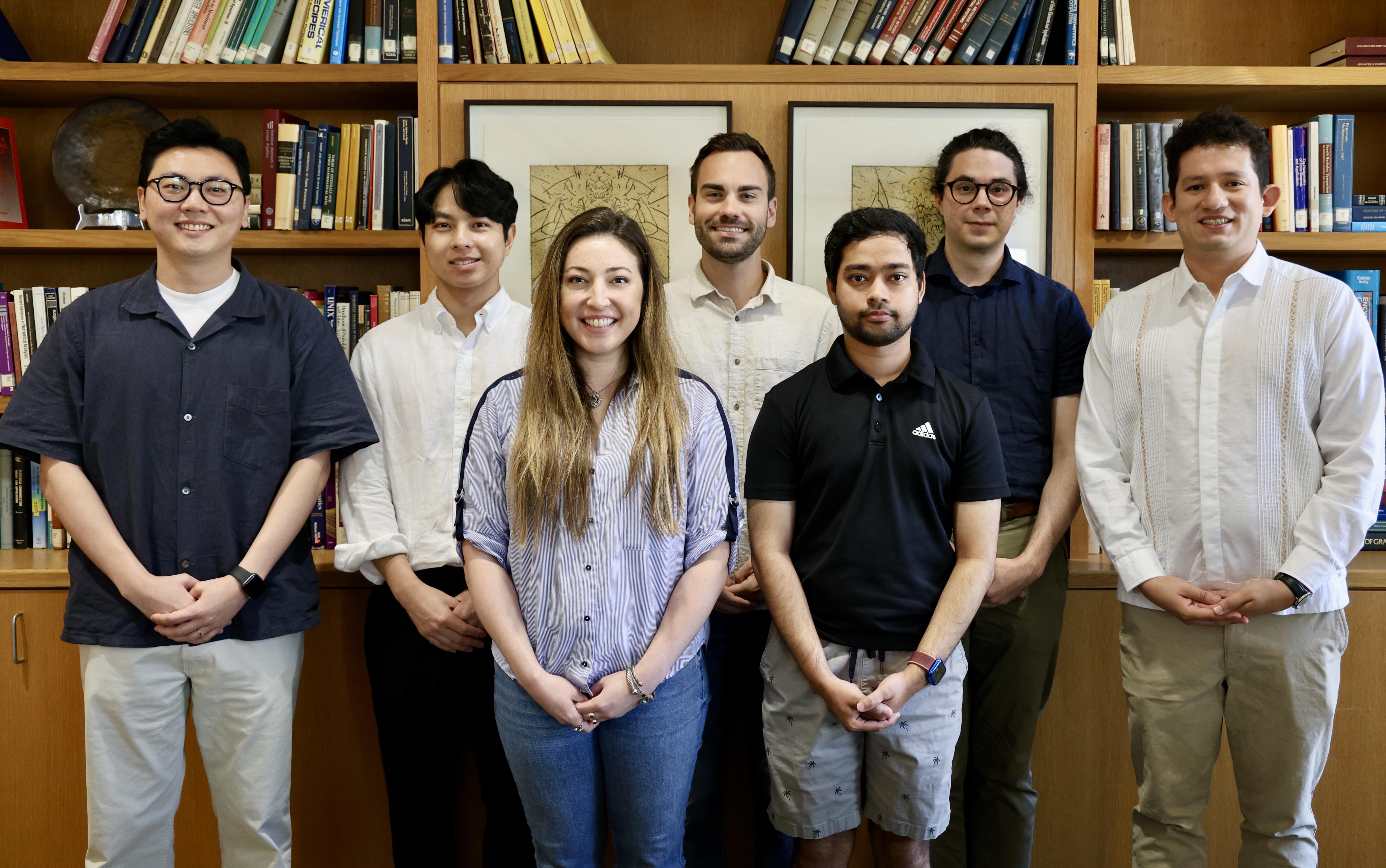Andrés Felipe Galindo-Olarte
Andrés Felipe Galiondo-Olarte completed his PhD in applied mathematics at Michigan State University, where he studied methods to “numerically approximate solutions for equations that appear in mathematical physics,” including theory and computational algorithms.
Beyond his work in research, Andrés is passionate about outreach and building community. He led the Comunidad Latinoamericana during his time at MSU, where he played a key role in supporting Latin American students holistically through their educational journeys. His advocacy and outreach efforts led to a CNN interview where he defended the migration status of international students across the United States in July of 2020.
Here at the Oden Institute, Galindo-Olarte will be working with Dr. Irene Gamba at the Applied Mathematics Group and the Center for Numerical Analysis. His research is aimed at developing and analyzing numerical methods for solving kinetic equations from plasma physics.




